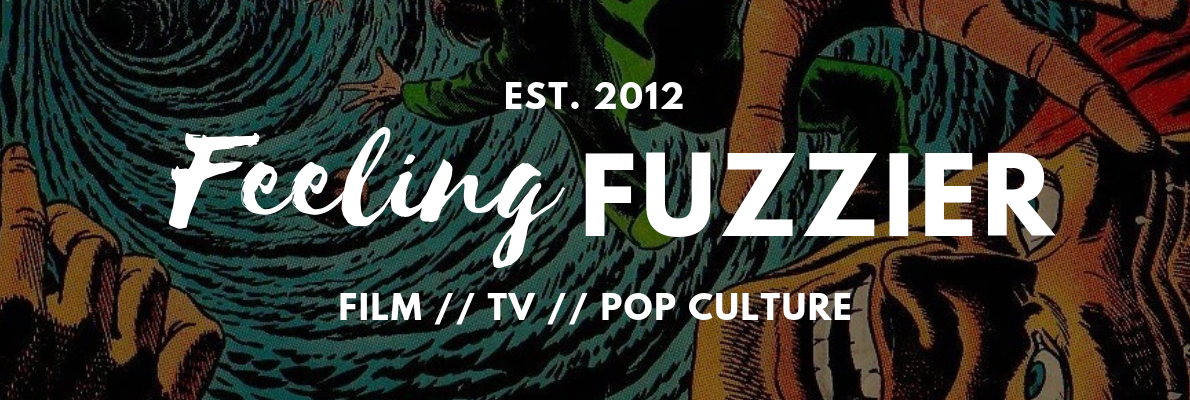With writer/director Scott Derrickson parting ways with Marvel on the upcoming Doctor Strange sequel, the inherent flaws in sticking to the script and keeping everything uniform are starting to appear.
Another one bites the dust; after previously being announced as director of next year's Doctor Strange in the Multiverse of Madness, Scott Derrickson has cited "creative differences" with Marvel head honcho Kevin Feige and left the project behind.
Marvel and I have mutually agreed to part ways on Doctor Strange: In the Multiverse of Madness due to creative differences. I am thankful for our collaboration and will remain on as EP.— N O S ⋊ Ɔ I ᴚ ᴚ Ǝ ᗡ ⊥ ⊥ O Ɔ S (@scottderrickson) January 10, 2020
 |
| Ryan Coogler's Black Panther is one of the better films in the Marvel Cinematic Universe. |
Marvel has poached its fair share of promising up-and-coming directors over the years, turning them from indie darlings (Ryan Coogler, Taika Waititi, Anna Boden and Ryan Fleck) and genre filmmakers (James Gunn, Shane Black) into household names.
But the degree to which these filmmakers get to experiment and push the envelope while sitting within the confines of the Marvel universe has always been a bone of contention with cynical members of the audience. When your mandate is to craft a film that is a mere stepping stone in an overarching narrative that spans more than 20 chapters, how much wiggle room is there to – y'know – make the film you want to make?
That's not to say being beholden to Marvel's grand plan has stymied its films before now; Thor: Ragnarok and Black Panther are two examples of how a director's voice can be heard loud and clear in the final product. But others – like Captain America: Civil War or Ant-Man and the Wasp – are so interlinked with other movies and ongoing arcs that the film, measured on its own merits, can feel a little lacking.
 |
| Scott Derrickson and Benedict Cumberbatch during shooting for the first Doctor Strange film. |
Derrickson was reportedly keen on giving his new film a harder, horror edge, something with more bite and fright. On the other hand, Feige was looking for something more akin to the rest of the series. It makes sense that Derickson would want to return to his horror roots in a big budget blockbuster; it also makes sense that Feige doesn't want to bankroll a film that is too scary for eight-year-olds and their parents.
Ultimately, directors are just cogs in the Marvel machine. And cogs are replaceable, as Derrickson (and Wright and to a lesser extent Whedon) have found out. And the Marvel machine must roll inexorably onward. Regardless of Derrickson's departure, Doctor Strange and the Multiverse of Madness starts shooting this May, and is set to hit cinemas in May 2021, giving whoever takes the reins less than 18 months to deliver the goods.
Studio release dates are the enemy of art.— N O S ⋊ Ɔ I ᴚ ᴚ Ǝ ᗡ ⊥ ⊥ O Ɔ S (@scottderrickson) December 16, 2019
Speaking as someone who works in print media, having a deadline is both a blessing and a curse; it can define the scope of a project, by imposing crucial limitations. But imposing a strict deadline on a film can have detrimental effects on the overall product; we need only look to Tom Hooper's Cats and JJ Abrams' Star Wars: The Rise of Skywalker for proof. Both arrived in cinemas over Christmas, wedded to the lucrative release date, but both were rushed botch jobs.
 |
| Concept art for WandaVision, set to hit Disney+ in 2021. |
This is particularly pertinent in the case of Doctor Strange and the Multiverse of Madness, which will reportedly tie into both Scarlett Witch and Loki's spin-off shows on Disney's new streaming service.
From a storytelling perspective, this can result in something hugely satisfying, as we saw last year in Avengers: Endgame. But it can also mean filmmakers are locked into a preexisting structure and schedule, with little to no scope to expand on the studio's vision. If Derrickson is only given specific LEGO bricks to play with, how can he build what he wants?
Over 20 films in, and Marvel's lucrative universe is in need of fresh authors with strong voices now more than ever – and the less they do to limit creatives at this point in time, the better. Unfortunately, based on the evidence presented by Doctor Strange's recent issues, this doesn't look likely.


No comments:
Post a Comment